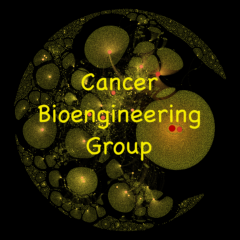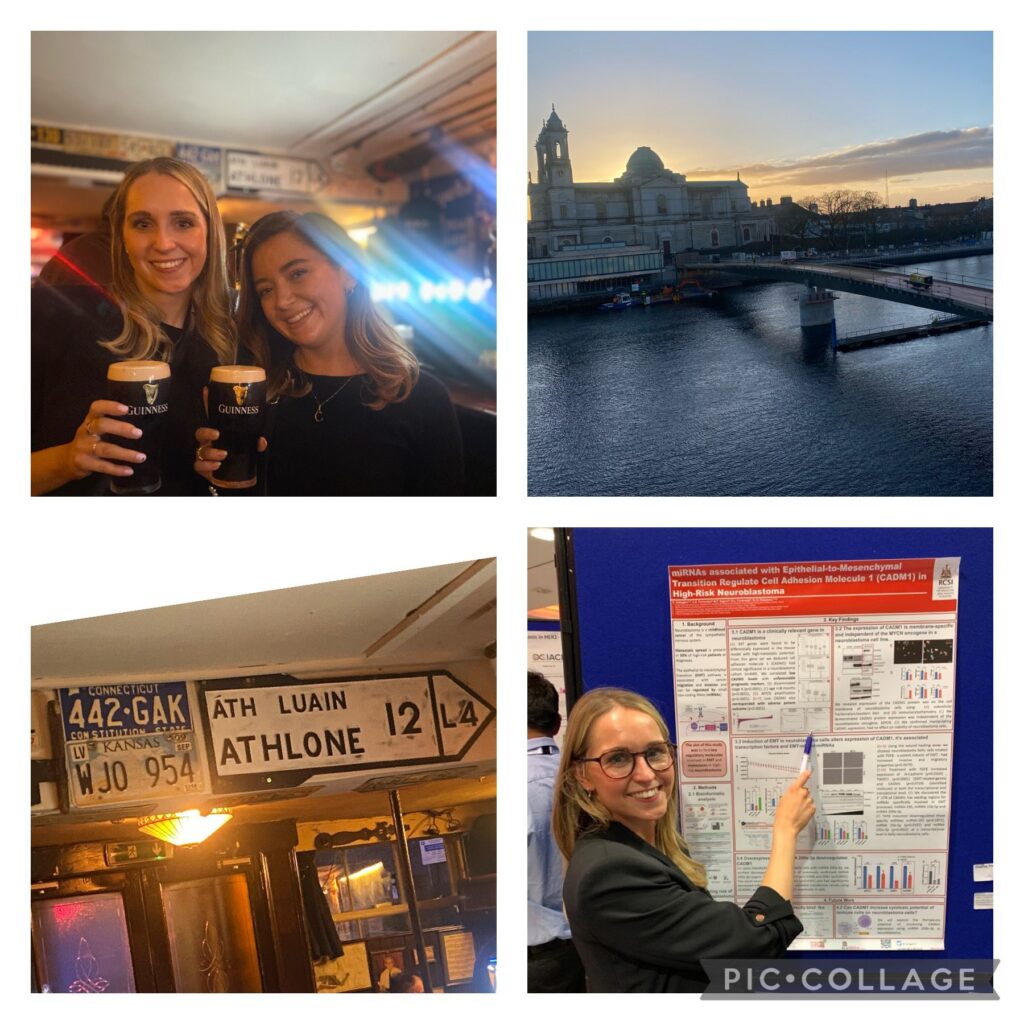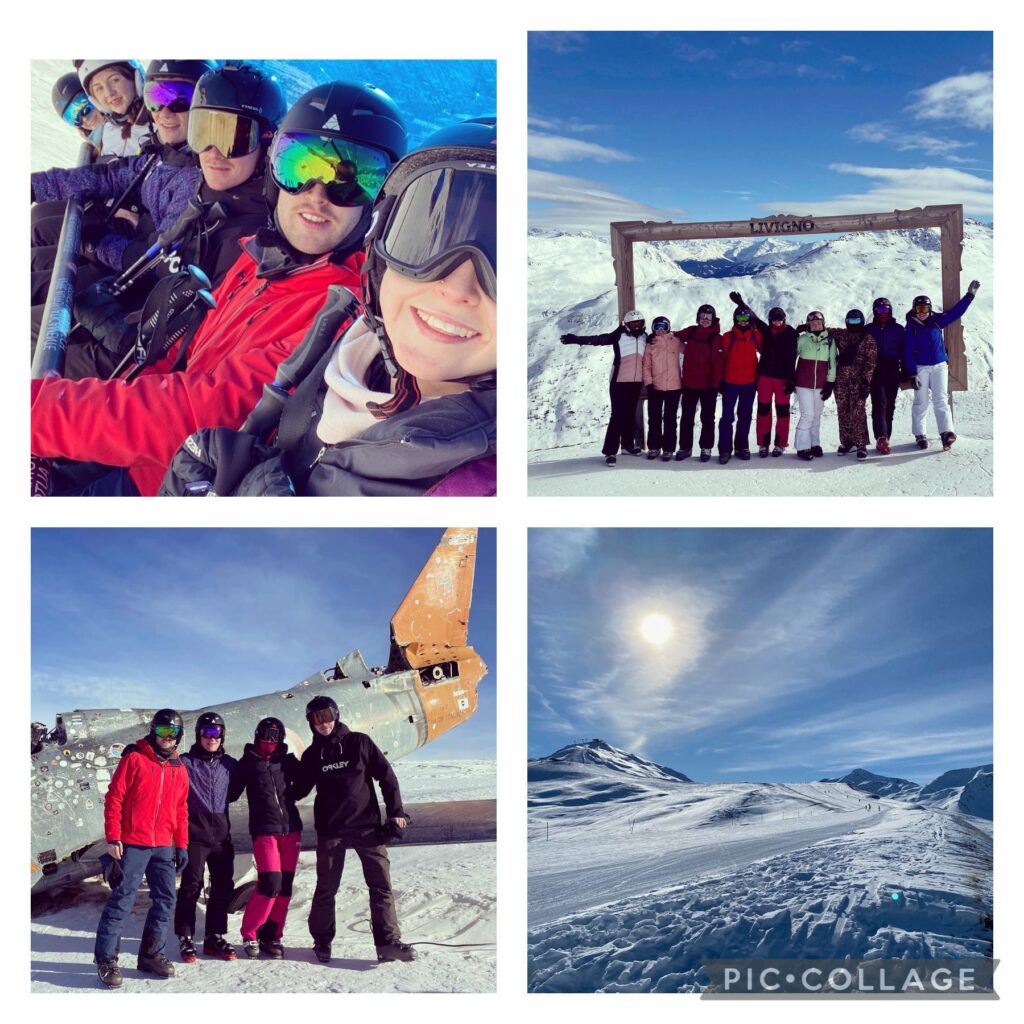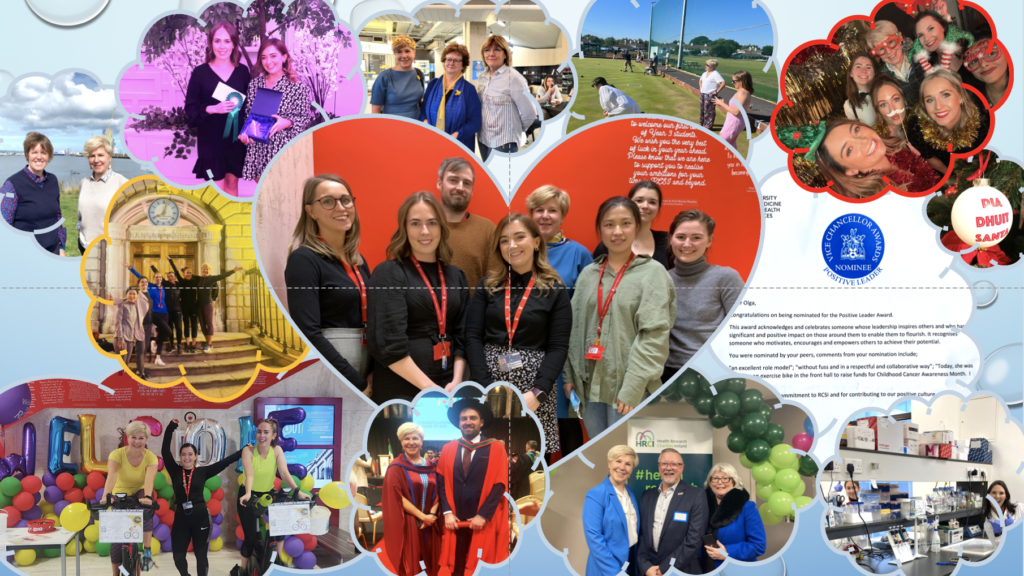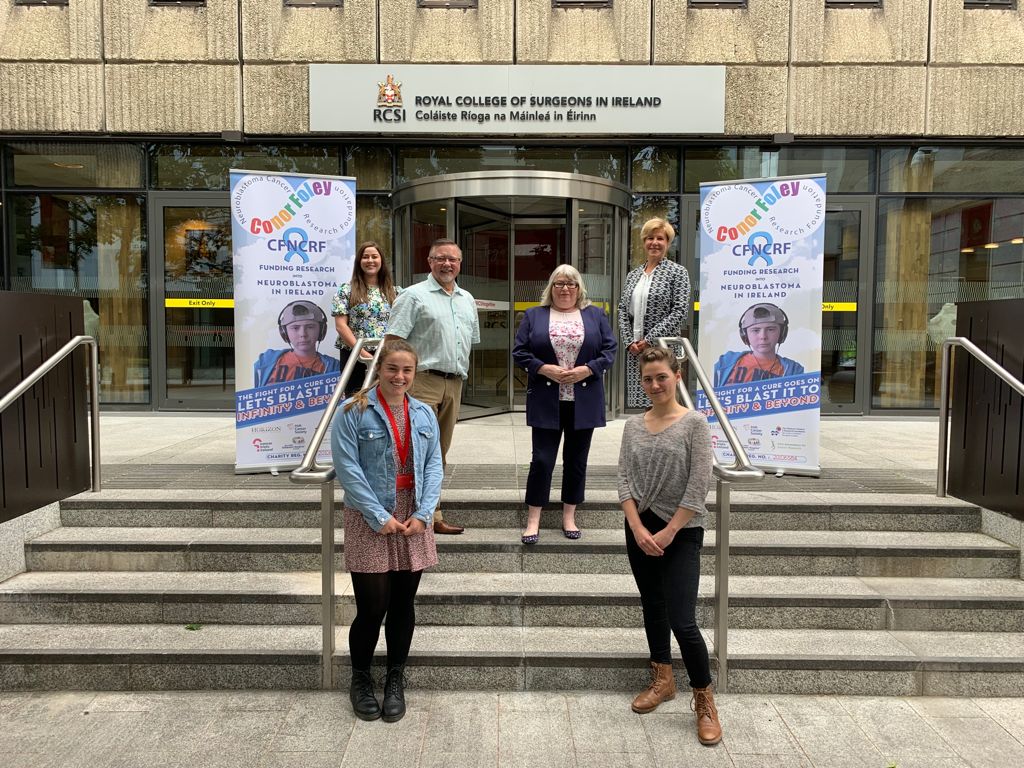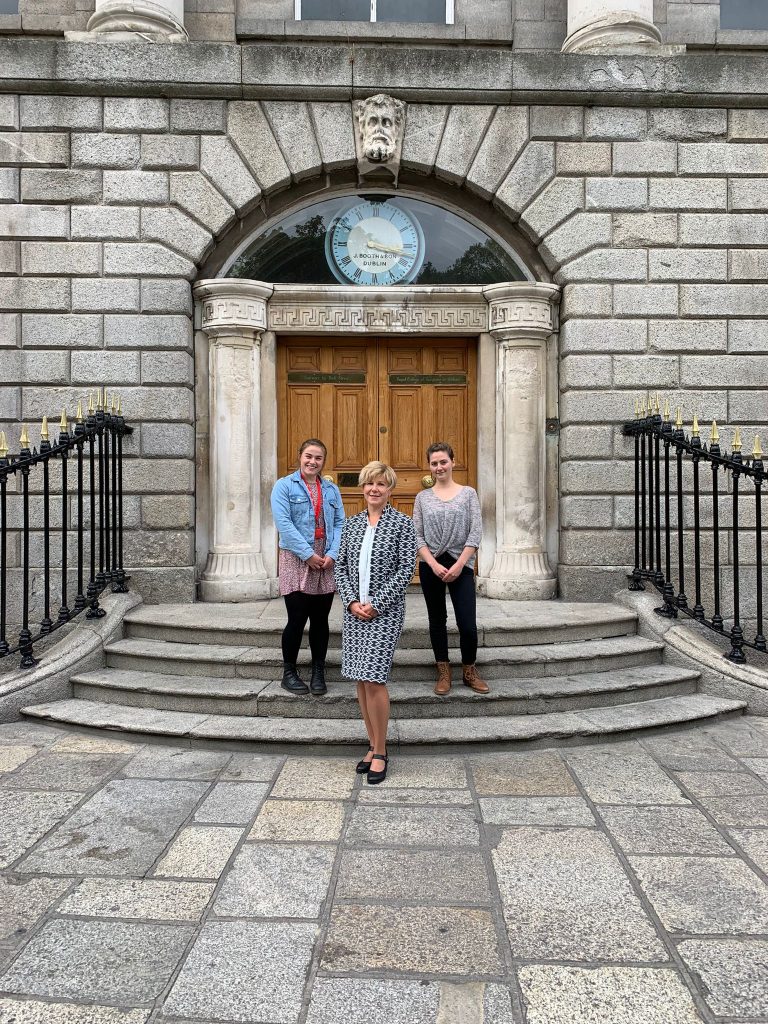Had you told me before I started my PhD that I’d rushedly be writing a blog post on a bus in Bergamo, and it’s all part of my project, I certainly would have laughed and figured sure, maybe as a one-time exception if I find out something fascinating. But no, this is my second conference abroad this year, out of five in the past 4 months. My view on science and what is important to conduct good science has significantly changed since then, though. I have a ton of data from my secondment to Vilnius, but it is not all analysed yet. There are a number of decisions left to be made before my project becomes fully rounded and provides useful conclusions that I could share with people. But conferences serve another purpose. If everyone was only there to present their finished project, who would they present them to? At the current stage of my research, exchanging ideas, receiving feedback and seeing what others do helps immensely to provide perspective and both motivate me to do more and do better, inspire me to find new angles and also to relax and understand the bigger picture your project is a part, rather than getting bogged down by the day-to-day issues that so easily cloud your mind in everyday routine (as far as a PhD allows for routine…). In this way, conferences can shape a project, inform analyses and provide far more than an excuse to be out of the office.
Even more enjoyable are, of course, conferences when they’re held in such beautiful places! I’d never been to Barcelona or Milan. While I have no intention of making the cultural metropolises of Athlone and Limerick pale in comparison, it does feel different when adding an afternoon of sightseeing, includes a couple of centuries-old towns that look like they fell out of a fairy tale and churches built in the 13 hundreds in 20 degrees in March rather than freezing your fingers off after just an hour outside or seeing some trees and an old pub. I never thought science would facilitate me seeing the world, but I am delighted that it does. And while I never would have expected it before, I can now appreciate the value of presenting your project halfway to ensure that it’s the best it could have been when it’s done.
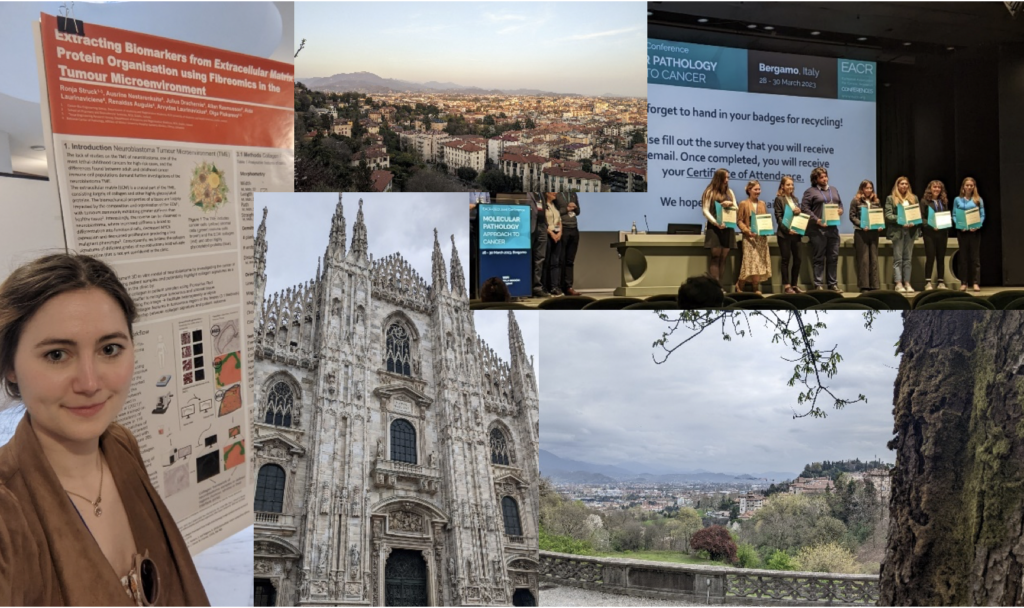
Written by Ronja Struck
